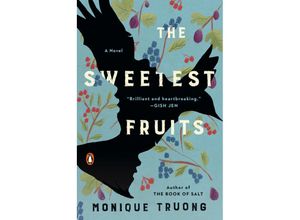
EAN: 9780735221024
Produktdaten aktualisiert am: 27.02.2026
Bilder-Quelle: discount24.de - Sport-Freizeit

Letzte EAN Aktualisierungen:
9780735221024 - The Sweetest Fruits - Moniqu...0073999815368 - The lyric book
0035051503842 - LOL Surprise OMG Sweet Nails...
9780241381274 - Japanese Ghost Stories - Laf...
9780063308091 - Ansel Dominique Lifes Sweete...
0073999400250 - Ultimate fake book with over...
0073999400267 - Ultimate fake book with over...
0073999400243 - Ultimate fake book with over...
kürzlich hinzugefügt:
0073999400250 - Ultimate fake book with over...9780063308091 - Ansel Dominique Lifes Sweete...
0191726430063 - Cocomelon MUSICAL SNACK TIME...
9780735221024 - The Sweetest Fruits - Moniqu...
0073999400243 - Ultimate fake book with over...
0719346567442 - Damenparfüm Circus Fantasy ...
3760020098513 - 2018 Château Pichon Longuev...
0073999815368 - The lyric book